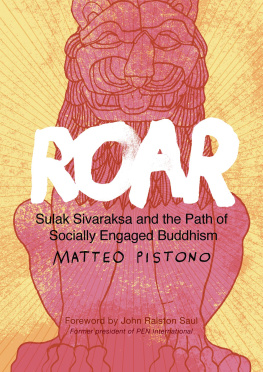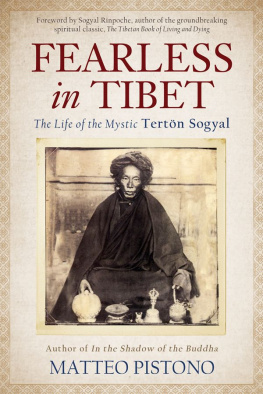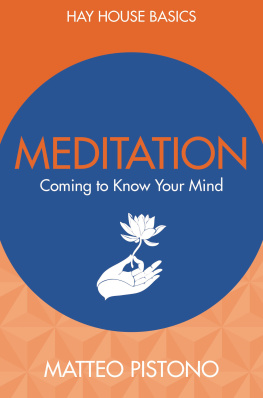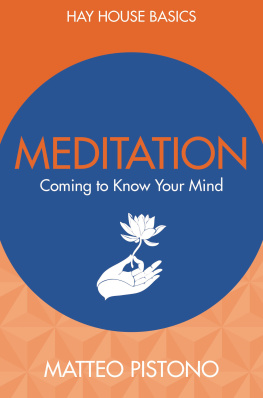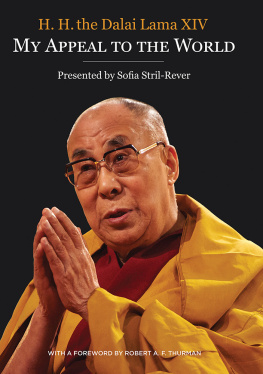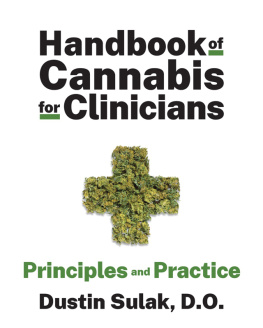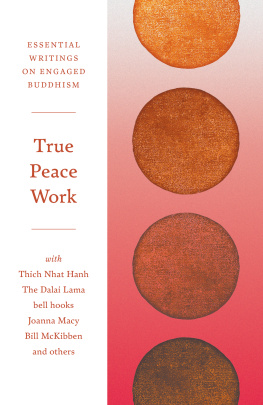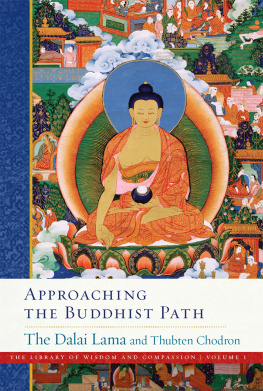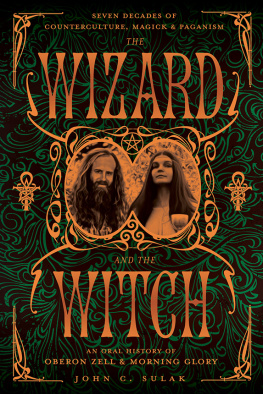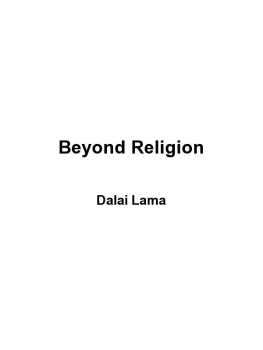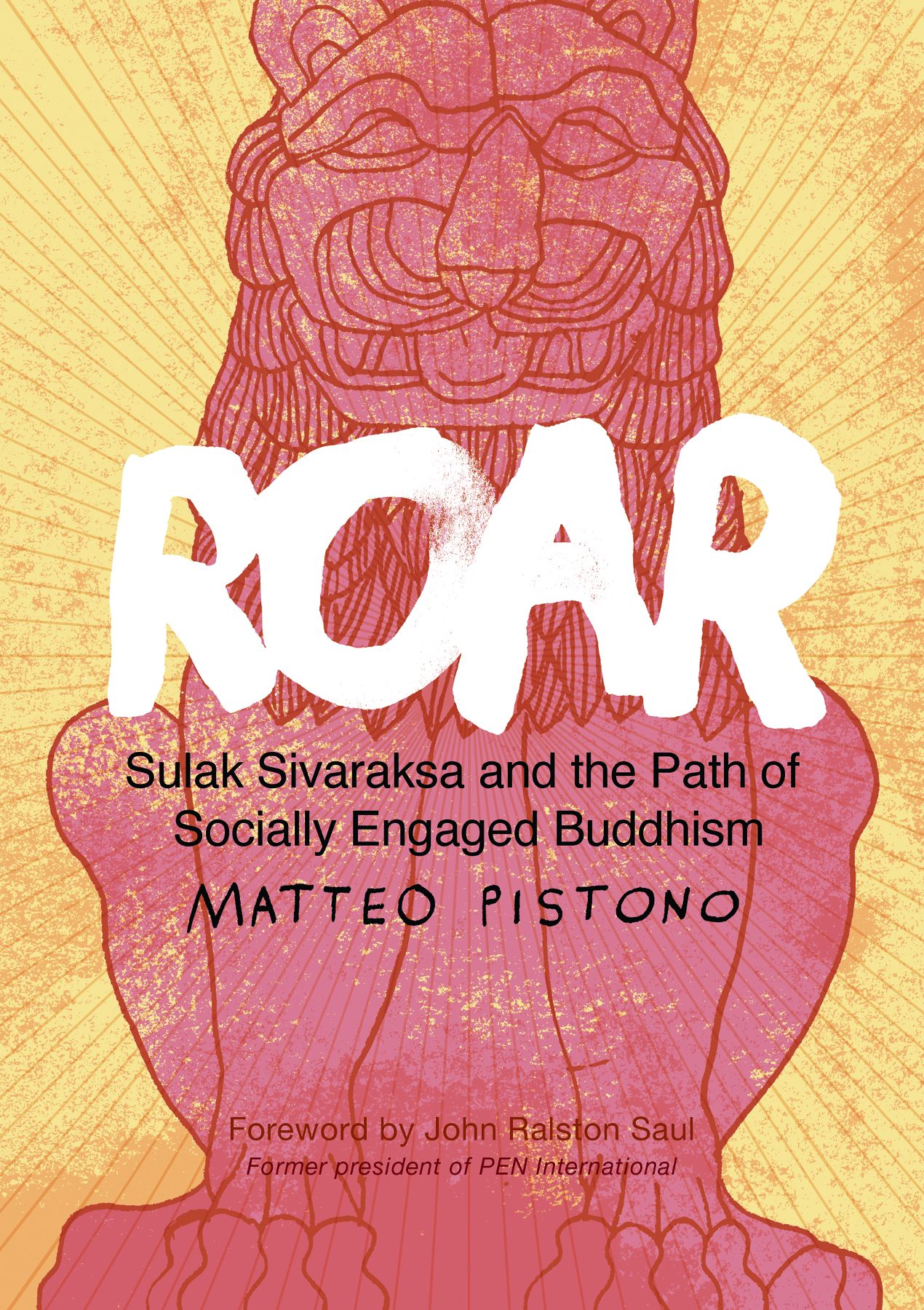
Praise for Roar
By the pivotal nature of his work, which bridges the artificial divides of North and South, Buddhist and non-Buddhist, self and other, bringing a healthy mix of universalism and concern for local culture, and by the exemplary courage he has manifested in speaking truth to power, Sulak Sivaraksa has made, and continues to make, a major contribution to peace and justice in his native Thailand, as well as in the world as a whole.
Mairead Maguire, Nobel Peace Prize Laureate from Northern Ireland
[Sulak] is an old friend and an inspiring, amazing figure in world Buddhism. Roar offers a marvelous and compelling story of his courage and audacity, of [Sulaks] extraordinary place in the modern history of Thailand, and his creative, feisty, unstoppable force of compassion and wisdom.
Jack Kornfield, author of No Time Like the Present
[Sulak] is one of the heroes of our time, offering us deep wisdom and refreshingly sane alternatives to the earth-destroying religions of consumerism, greed, and exploitation.
Joanna Macy, author of World as Lover, World as Self
An irrepressible campaigner for a sane and just society, [Sulak] unites the strengths of a traditional Dharmic sensibility with the critical rigor of a Western-educated intellectual. His life offers a heroic example of engaged Buddhism in practice.
Stephen Batchelor, author of Secular Buddhism
In the entire world I know of no one who understands the situation more clearly and acts more effectively and consistently to bring the resources of a great religious tradition to bear on the critical issues of our time than Sulak Sivaraksa. I wish I could point to equally effective Christian leaders. I cannot. But perhaps we Christians can be inspired by him and learn from him and can find the strength to act creatively.
John B. Cobb, Jr., author of A Christian Natural Theology
The question of alternatives to the current economic model has become extremely urgent. Sulak Sivaraksa has been in the forefront of developing a thoroughgoing critique of consumerism.
Walden Bello, author of Capitalisms Last Stand?
Whenever I ask myself a basic question of public ethics and public action, I end up wondering what [Sulak] would think. He has that great virtue of being true to himself and to the standards which somehow link all great moral philosophies. [Sulak] is an unstoppable force working on justice from a Buddhist point of view.
John Ralston Saul, author of The Collapse of Globalism and the Reinvention of the World
Roar
Roar
Sulak Sivaraksa and the Path of Socially Engaged Buddhism
Matteo Pistono
Foreword by John Ralston Saul
Afterword by Harsha Navaratne

North Atlantic Books
Berkeley, California
Copyright 2019 by Matteo Pistono. All rights reserved. No portion of this book, except for brief review, may be reproduced, stored in a retrieval system, or transmitted in any form or by any meanselectronic, mechanical, photocopying, recording, or otherwisewithout the written permission of the publisher. For information contact North Atlantic Books.
Published by
North Atlantic Books
Berkeley, California
Cover art by Nathaniel Russell
The cover image was drawn by Nathaniel Russell and is a rendering of the lion atop the Ashokan pillar in Sarnath, near the site of the Buddhas enlightenment. The Emperor Ashoka ruled over much of the Indian subcontinent in the third century BCE and who, after converting to Buddhism, erected thousands of Ashokan pillars with edicts of religious tolerance and non-violence. The Roar of a lion is a metaphor used by the Buddha to express the fearlessness needed to teach the Dharma, as well as the potency of the teachings themselves that result in enlightenment
Roar: Sulak Sivaraksa and the Path of Socially Engaged Buddhism is sponsored and published by the Society for the Study of Native Arts and Sciences (dba North Atlantic Books), an educational nonprofit based in Berkeley, California, that collaborates with partners to develop cross-cultural perspectives, nurture holistic views of art, science, the humanities, and healing, and seed personal and global transformation by publishing work on the relationship of body, spirit, and nature.
North Atlantic Books publications are available through most bookstores. For further information, visit our website at www.northatlanticbooks.com or call 800-733-3000.
Library of Congress Cataloging-in-Publication data is available from the publisher upon request.
Also by Matteo Pistono:
In the Shadow of the Buddha: One Mans Journey of Discovery in Tibet
Fearless in Tibet: The Life of the Mystic Tertn Sogyal
Meditation: Coming to Know Your Mind
Dedication from Sulak Sivaraksa and Matteo Pistono
To Lodi Gyari Rinpoche, our kalyanamitta and our guruthe wise, most broad-minded, and the best.
Contents
Photo Credits
All other photos courtesy of the library of Sulak Sivaraksa. For photos that are not credited, the photographer is unknown.
John Ralston Saul,
Past president of PEN International
There is nothing romantic about ethics. It is a muscle. The more you use it, the stronger it gets. And in that process life reveals to each of us how much we can develop this quality; how strong it can become.
Whenever I write about ethics I think of Sulak Sivaraksa. I wonder when it was that hea most conscious personrealized what kind of life he was going live. What kind of person he really was. What kind of person he was going to become. It cant have been all that clear at first. Training to be a barrister in London would have confused many, particularly an outsider. Empires develop cultures which are both seductive in method and superior in attitude. They aim to draw the outsider in as a way of undermining their sense of themselves. An imperial education is always a constant test for the outsider. A few come out stronger, more independent, pre-maturely conscious of the drama which each of our lives represents. Sulak was one of those.
There is another particularity about Sulak. He belongs to that rare group of deeply ethical activists who have made themselves. I dont mean that in the conventional sense of economics or ambition. Some people are shoved by birth or career into ethical crises that they cannot escape. They might be reincarnated into a role or born or promoted into it as spiritual leaders or royal figures or political chiefs. Suddenly they find themselves staring into a mirror of ethical choice. All positions of responsibility come equipped with an ethical mirror. They cannot escape it. They have to choose again and again. And the citizenry or worshippers outside the room of responsibility will make of these choices what they can. As will history. You might call this the existentialism of power and responsibility.
Sulak belongs to another breed, a rare breed. Not necessarily better. But rarer. People like him are not trapped into ethical choices by their position. They move toward their ethical soul as if alone, as if propelled by fate or by their own character. And in so doing they become a reference point for others. A model. This is not an easy role. Much of it is played out in full public view, yet you have no institutional cover. You are exposed. Always alone.
There are never many of these people among the living. I am lucky enough to know a few, including Sulak. This role, at first glance, seems to contain a contradictionbetween the toughness needed for the public place and the modesty needed for spirituality. Someone like Sulak must live on that thin, fragile line. He must speak out. People need him to be seen and heard. This is, in fact, a profound forum of modesty as it involves constantly risking everything. The nonviolent movement, of which Sulak is an important part, exemplifies this. It is not about passivity. It is action. It is all about walking up to the line, crossing it if necessary, being there at the heart of a cause. In his address to the courtroom in 1995, at the end of a two-and-a-half-year legal battle in which the military tried once again to destroy him, he said, The essence of being a human is having the courage to confront truth without pretension.
Next page
